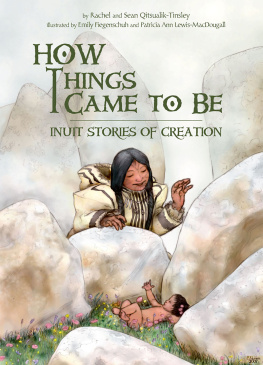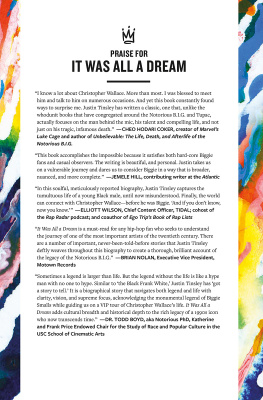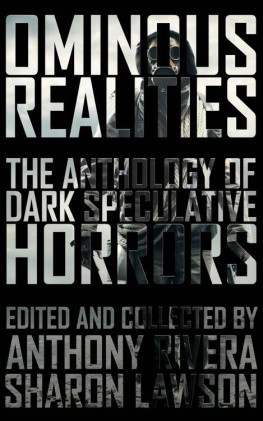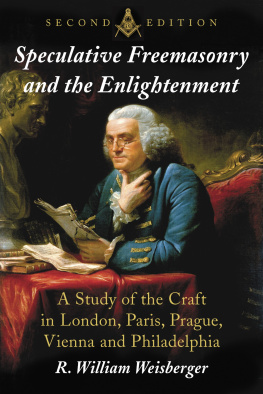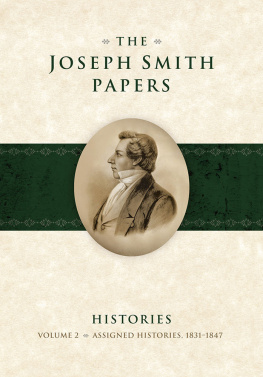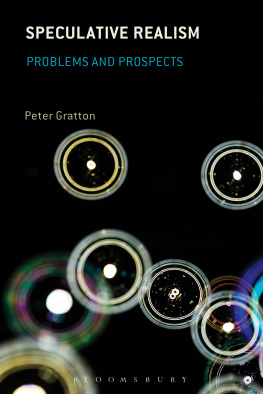William Tinsley
(18311902)
Speculative Publisher
The Victorian publisher, William Tinsley, though famous by association with many high-profile novelists of the day, remains an enigmatic figure. Born in 1832, the son of a Hertfordshire gamekeeper, he had almost no formal schooling. Growing up he spent much time at the Toll House, run by his uncle on the road from St Albans to London, his strongly felt need for education fed by talk with his uncle, daily conversation and gossip with travellers, and regular access to newspapers. When just 21 he walked to London to make his fortune, comparing himself with Dick Whittington. By a series of happy chances, he and his brother were, only ten years after Williams walk from his fathers cottage, truly enjoying the fortune they had made, and were acknowledged by Dickenss publishers, Chapman & Hall, to be their main rival in novel-publishing.
In this study Peter Newbolt offers a description of Tinsleys childhood, and explores the brothers development and experiences in the London book trade. He traces the publishers career, principally through his contact with authors such as G.A. Sala, Harrison Ainsworth, Wilkie Collins, Richard Jefferies, Sheridan Le Fanu, George Meredith, and Thomas Hardy. There are also chapters on the firms staff and Tinsleys Magazine. This book tells of the bohemian world of the Tinsleys, the sudden death of the younger brother, Edward, and the domination of Mudies and W.H. Smiths Circulating Libraries and the three-decker novel.
Here for the first time, in an appendix to the study, Newbolt presents a painstakingly compiled checklist of books published by the Tinsley brothers.
ALSO BY PETER NEWBOLT
Praise of Books a miniature anthology, 1955
G.A. Henty (18321902): A Bibliographical Study of his British editions, with short accounts of his publishers, illustrators and designers, and notes on production methods used for his books 1996 (Harvey Darton Award, 19961997)
First published 2001 by Ashgate Publishing
Reissued 2018 by Routledge
2 Park Square, Milton Park, Abingdon, Oxon OX14 4RN
711 Third Avenue, New York, NY 10017, USA
Routledge is an imprint of the Taylor & Francis Group, an informa business
Copyright Peter Newbolt, 2001
The author has asserted his moral right under the Copyright, Designs and Patents Act, 1988, to be identified as the author of this work.
All rights reserved. No part of this book may be reprinted or reproduced or utilised in any form or by any electronic, mechanical, or other means, now known or hereafter invented, including photocopying and recording, or in any information storage or retrieval system, without permission in writing from the publishers.
Notice:
Product or corporate names may be trademarks or registered trademarks, and are used only for identification and explanation without intent to infringe.
Publishers Note
The publisher has gone to great lengths to ensure the quality of this reprint but points out that some imperfections in the original copies may be apparent.
Disclaimer
The publisher has made every effort to trace copyright holders and welcomes correspondence from those they have been unable to contact.
A Library of Congress record exists under LC control number: 00066521
Typeset in Times Roman by N2productions
ISBN 13: 978-1-138-71967-5 (hbk)
ISBN 13: 978-1-315-19532-2 (ebk)
MICHAEL SADLEIR
wrote of
the speculative publishing firm of Tinsley Brothers
in Maxwell, Mary Elizabeth (18371915) (Mary Elizabeth Braddon), D.N.B.
and that
Tinsleys firm was a speculative affair
in Trollope: A Bibliography , p. 254.
STANLEY UNWIN
wrote
Book publishing is a very personal business:
a publishers own inclinations determine the selection of the manuscripts chosen for publication
and
It is almost inevitable that some of the books will be failures; and unless there is some exceptional piece of good luck, the profits on the others will not meet the office expenses
in The Truth about Publishing , pp. 327 and 329.
The impulse for embarking on this book sprang from an article I wrote on William Tinsley for a bibliography of G.A. Henty, whose own first books were published by Tinsley Brothers. The nature of this work has something in common with that of the earlier book, for it is in part bibliographical, in addition to its biographical content.
Recently I have had in my head a passage of conversation written by I. Compton-Burnett, to which my wife kindly drew my attention. The speaker is Miss Charity Marcon, addressing her brother, in Daughters and Sons , but I think the passage needs no further explanation, if indeed it needs that much. Except, possibly, to note that the reference to the British Museum would today have doubtless been made to the British Library:
She began to speak in her deep, dry monotone.
I have been up to London to get the book I am writing, out of the British Museum. I have got a lot of it out, and I shall go again presently to get some more; and when I have got it all, there will be another book. She slung a strap of notebooks off her arm, and advanced to the fire with the smooth, unswaying motion of a figure drawn on wheels. So many people were there, getting out their books. It doesnt seem to matter everythings being in books already: I dont mind it at all. There are attendants there on purpose to bring it to you. That is how books are made, and it is difficult to think of any other way. I mean the kind called serious: light books are different. Mine ought to be quite a success. It will be just like the ones I am getting it out of, and they are standard books. I put things from several books into another, and then it is called a biography. What have you done to-day?
The following section of this book is given a heading usually associated with musical work. Some operatic composers have been accustomed to begin with an overture which consists mainly of a recital of a selection of themes that are developed at greater length in the body of the work. In this way an atmosphere is set for the audience, which the composer hopes may temper its mood to accept the entertainment, or it may be the ordeal, that is to follow.
Cley-next-the-Sea
PETER NEWBOLT
1 I. Compton-Burnett, Daughters and Sons , pp. 745. George Gissing, concerned with far less fortunate hacks in his 1891 novel, New Grub Street , pp. 10910, makes the impoverished Marian Yule, toiling among the other toilers in the British Museum Reading Room for her father, Alfred, ask herself what was the use and purpose of such a life as she was condemned to lead here was she exhausting herself in the manufacture of printed stuff which no one even pretended to be more than a commodity for the days market. What unspeakable folly! To write was not that the joy and privilege of one who had an urgent message for the world? Her father had no such message; he had abandoned all thoughts of original production and all these people about her, what aim had they save to make books out of those already existing, that yet newer books might in turn be made out of theirs?





